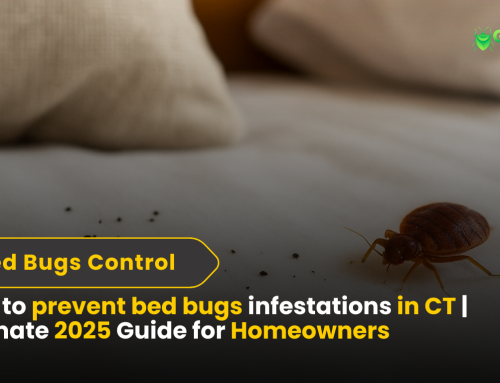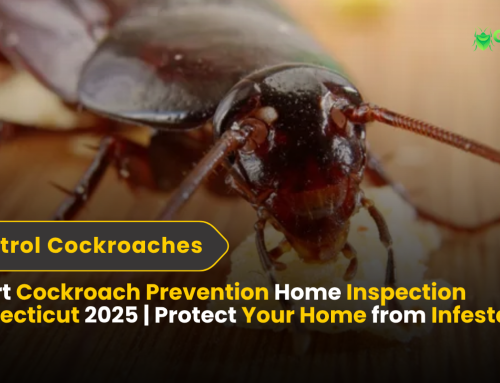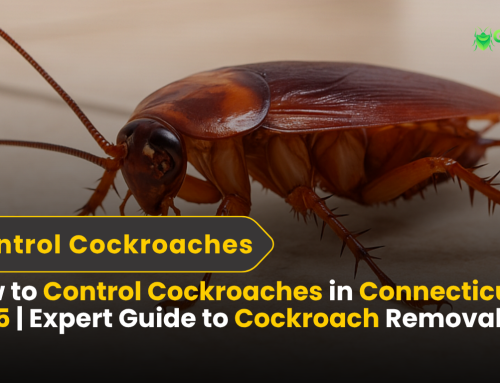Do Wasps Sting Without Reason? Busting Dangerous 2025 Myths
If you’ve ever been stung by a wasp while enjoying your backyard, garden, picnic, or outdoor event, you may have asked yourself: do wasps sting for no reason? The simple answer is no. Wasps rarely sting without cause. Most stings are a defensive reaction to perceived threats, environmental disturbances, or accidental encounters. Understanding why and how wasps sting can help you prevent painful encounters and enjoy outdoor spaces safely.
Wasps are highly perceptive insects with sensitive eyesight, hearing, and chemical detection abilities. Even seemingly minor human actions—like waving your hands, wearing brightly colored clothing, or leaving sugary drinks uncovered—can trigger a defensive sting. This guide explores the reasons behind wasp stings, prevention methods, first aid steps, and real-life examples to help you stay safe.
Why Do Wasps Sting?
Wasps sting primarily for defense, but their behavior is influenced by survival instincts, territoriality, and food gathering needs. Unlike honeybees, which die after stinging, most wasps can sting multiple times without harm, making them more capable of defending themselves or their nests aggressively.
Key reasons why wasps sting:
- Defending their nest: The most common cause of stings occurs near a nest. Wasps are extremely territorial, especially paper wasps and yellowjackets, and perceive humans or animals approaching their nest as a threat.
- Capturing prey: Some wasps, such as hunting wasps, use their stings to paralyze insects to feed their larvae.
- Responding to human threats: Sudden movements, loud noises, or vibrations can make a wasp feel threatened, even if you are unaware.
- Protecting food sources: Outdoor food, sugary beverages, and protein-rich snacks attract wasps. They may sting defensively if someone gets too close.
Wasps have specialized stingers and venom designed to immobilize or deter threats efficiently. Their venom contains proteins that can cause pain, swelling, and sometimes allergic reactions in humans.
Observe wasp activity patterns. Wasps are more active during warm months, particularly in late summer when food is scarce and their colonies are at peak size.
Do Wasps Sting for No Reason?
Many people assume wasps attack randomly, but their behaviour is rarely unpredictable. Wasps interpret certain actions as threats, even when humans perceive them as harmless. A sting that seems unprovoked often has a logical explanation.
Common scenarios for “unexpected” stings:
- Accidental nest disturbance: Even minor movements near hidden nests can provoke aggressive defence. Nests can be under eaves, in shrubs, inside walls, or in garden equipment.
- Sudden movements or swatting: Rapid hand movements or attempts to shoo a wasp may trigger a sting.
- Bright clothing or floral patterns: Wasps are attracted to bright colours and patterns, which they may confuse with flowers.
- Sweet foods and drinks: Sugary beverages and fruits can draw wasps close to humans. Proximity can lead to defensive stings.
Case Study: A family having a picnic in their backyard experienced multiple stings despite keeping calm. Investigation revealed a hidden paper wasp nest under the picnic table. After moving their picnic spot and covering all food,the stings stopped completely. This demonstrates that what feels like a “random” sting is usually preventable.
Extra Insight: Different wasp species have varying temperaments. For example:
- Yellowjackets: Aggressive, particularly around food sources.
- Paper wasps: Territorial, particularly near nests.
- Hornets: Large and defensive, more likely to sting if disturbed.
How to Prevent Wasps Sting
Preventing Wasps Sting involves observing wasp behaviour and taking proactive steps. Here’s a comprehensive checklist for wasp safety:
Wasp Safety Checklist
- Avoid wearing bright or floral clothing outdoors
- Cover all sweet foods and beverages
- Move calmly around wasps; avoid swatting
- Seal trash bins tightly to prevent attracting them
- Inspect your home and yard for nests regularly
- Educate children on safe outdoor behaviour
- Avoid leaving pet food or crumbs outdoors
Additional Tips:
- Plant wasp-repelling herbs like mint, citronella, basil, or eucalyptus
- Use essential oil sprays around patios or picnic areas
- Avoid strong perfumes or scented lotions outdoors
- Professional nest removal is the safest option for active colonies (Wasp Nest Removal Tips)
Early detection and removal of nests can prevent aggressive encounters and make outdoor spaces safer for your family and pets.
What to Do If Stung by a Wasp
Even with prevention, Wasps Sting may occur. Proper first aid can reduce pain, swelling, and potential complications.
Immediate Steps After a Sting:
- Wash the sting area with soap and water to prevent infection
- Apply a cold compress for 10–15 minutes to reduce swelling
- Use anti-itch creams or natural remedies like aloe vera to soothe discomfort
- Monitor for signs of allergic reactions
When to Seek Medical Attention:
- Severe allergic reactions, such as swelling of lips, tongue, or throat
- Multiple stings causing dizziness, nausea, or severe pain
- Signs of infection, like spreading redness or pus formation
Always carry an epinephrine auto-injector if you have a known wasp allergy. Applying a baking soda paste to the sting can help neutralize venom, while antihistamines reduce itching and swelling.
Understanding Wasp Behavior in Different Seasons
Wasp behavior changes throughout the year, and understanding these patterns can help you reduce sting incidents.
- Spring: Wasps are building new nests and generally less aggressive.
- Summer: Activity increases as colonies expand, and defensive stings become more likely.
- Late Summer to Early Fall: Food scarcity can make wasps aggressive, particularly near human food sources.
- Winter: Most wasps die off or hibernate, except queens that survive to build new colonies next year.
Monitoring seasonal patterns helps plan outdoor activities with lower sting risk.
Common Questions About Wasp Stings
Can Wasps Sting multiple times?
Yes. Unlike bees, wasps can sting repeatedly, making them more capable of defending their nests.
Are some people more prone to stings?
Yes. Bright clothing, strong perfumes, or nervous movements can attract more wasps.
Do wasps die after stinging?
Most wasps survive after stinging. Honeybees are the exception.
Why do wasps seem more aggressive in late summer?
Food scarcity makes them more defensive around humans and pets.
How can I tell if a Wasps Sting is dangerous?
Severe swelling, hives, dizziness, or difficulty breathing indicate a serious reaction requiring medical attention.
Track areas and times of frequent wasp activity to identify patterns and high-risk zones.
Case Study: Backyard Wasp Management
A suburban family experienced repeated stings while gardening. Inspection revealed multiple small nests hidden under eaves and in shrubs. By removing nests professionally, planting wasp-repelling herbs, and educating family members about safe behaviour, they reduced stings to zero the following season. This demonstrates that most “random” Wasps Sting are preventable with awareness and proactive management.
Conclusion: Stay Safe and Prepared
Wasps rarely sting without cause. Most Wasps Sting are defensive reactions to perceived threats, accidental disturbances, or food-related attractions. By understanding wasp behaviour, using preventive measures, and knowing first aid procedures, you can protect yourself, your family, and your pets.
Next Steps for Wasp Safety:
- Regularly inspect your home and yard for nests
- Follow the safety checklist during outdoor activities
- Educate children and visitors on safe behaviour around wasps
- Contact professionals for safe wasp nest removal
Protect your home and loved ones—Contact Us today to schedule professional wasp safety and management services.










